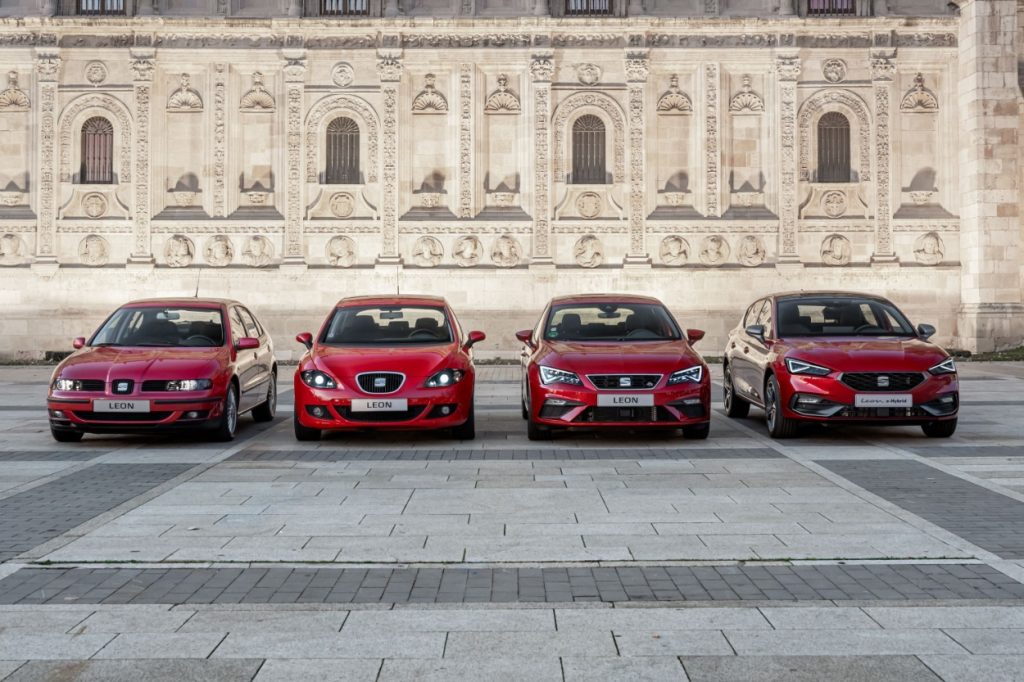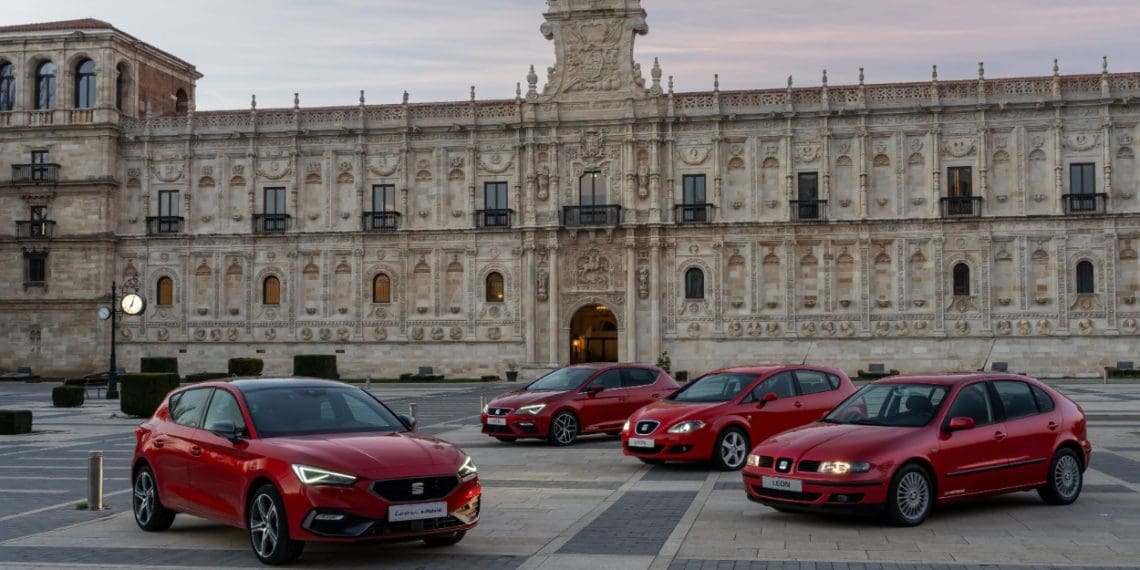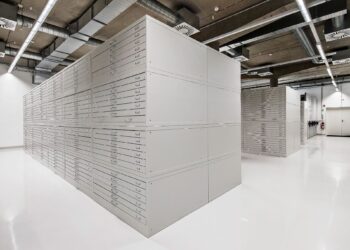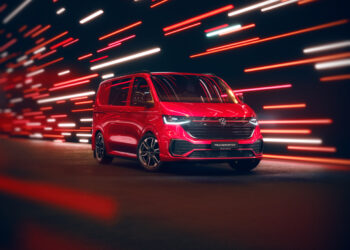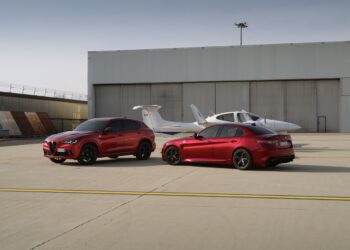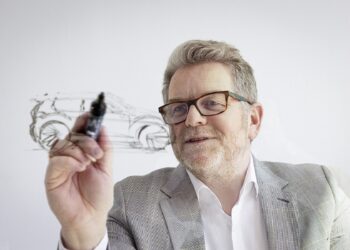Seat is celebrating the 25th anniversary of the Leon, a model that has led the compact segment since its launch across four generations, and has sold over 2.5 million units worldwide.
It was at the Frankfurt Motor Show on October 1, 1999, that the Spanish brand revealed what could be its most important model.
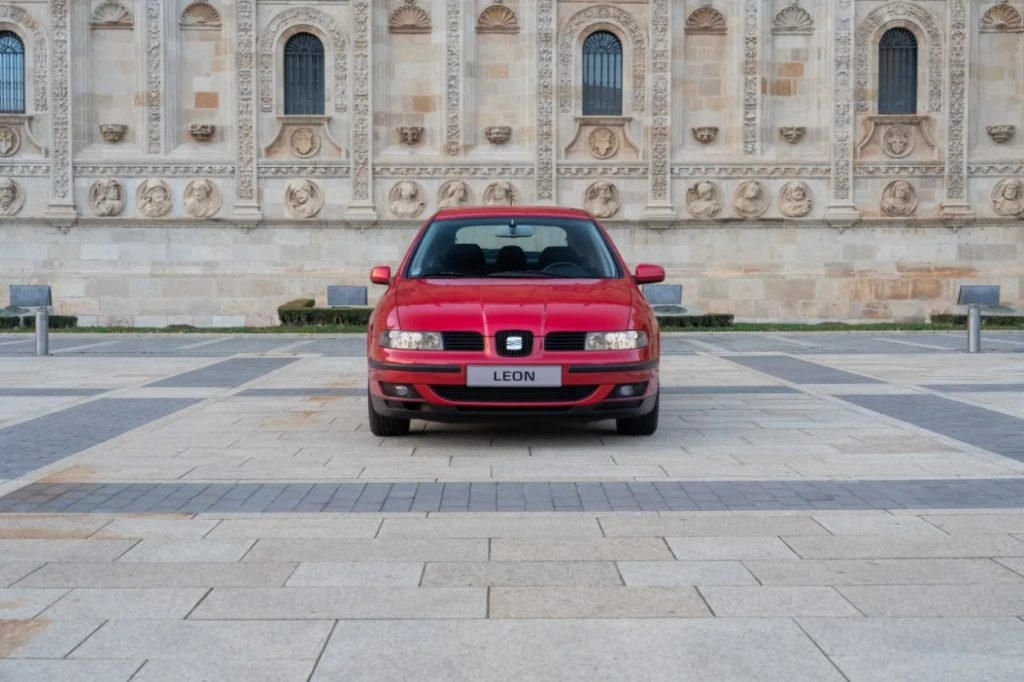
Conceived and developed in Martorell, Barcelona, the Leon was designed by Giorgetto Giugiaro, and the first generation of this popular Seat model made an impressive debut in 1999, marking the brand’s return to the compact car segment.
Built on the same platform as the VW Golf IV and the Audi A3, the Leon, unlike its German “cousins,” was only available with a five-door body style. Additionally, it was the first model from the brand to offer all-wheel drive, a six-speed gearbox, and up to 180 hp of power.
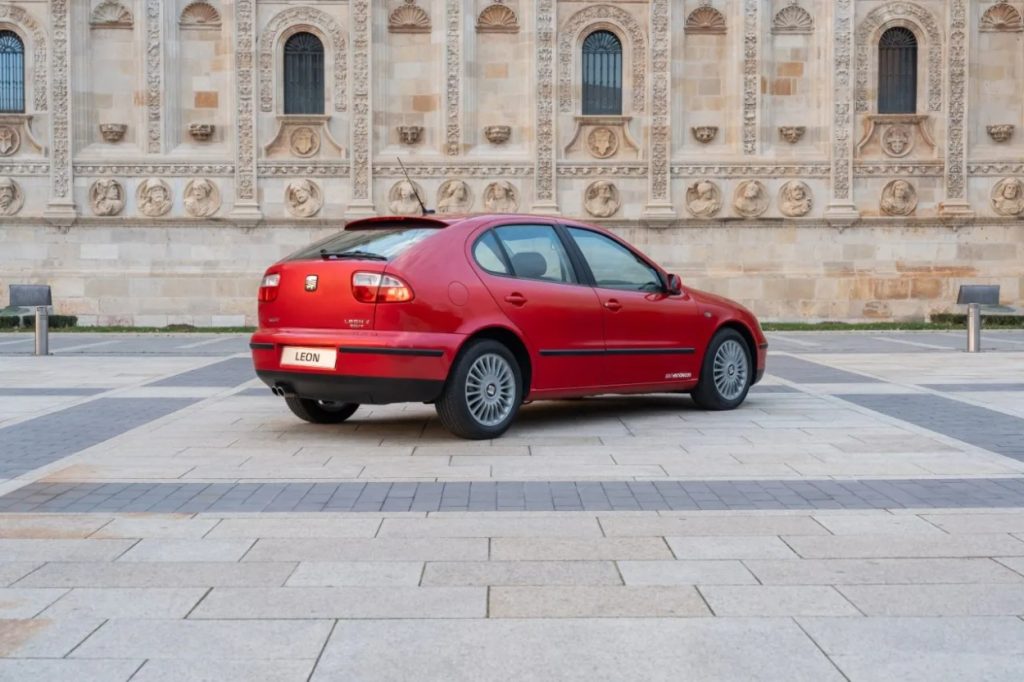
The second generation arrived in 2005, featuring a bolder and more aerodynamic design, the result of Walter de Silva’s creativity, which revolutionized a traditionally classic segment by introducing details such as the flush door handles. This generation combined a striking aesthetic with more efficient engines.
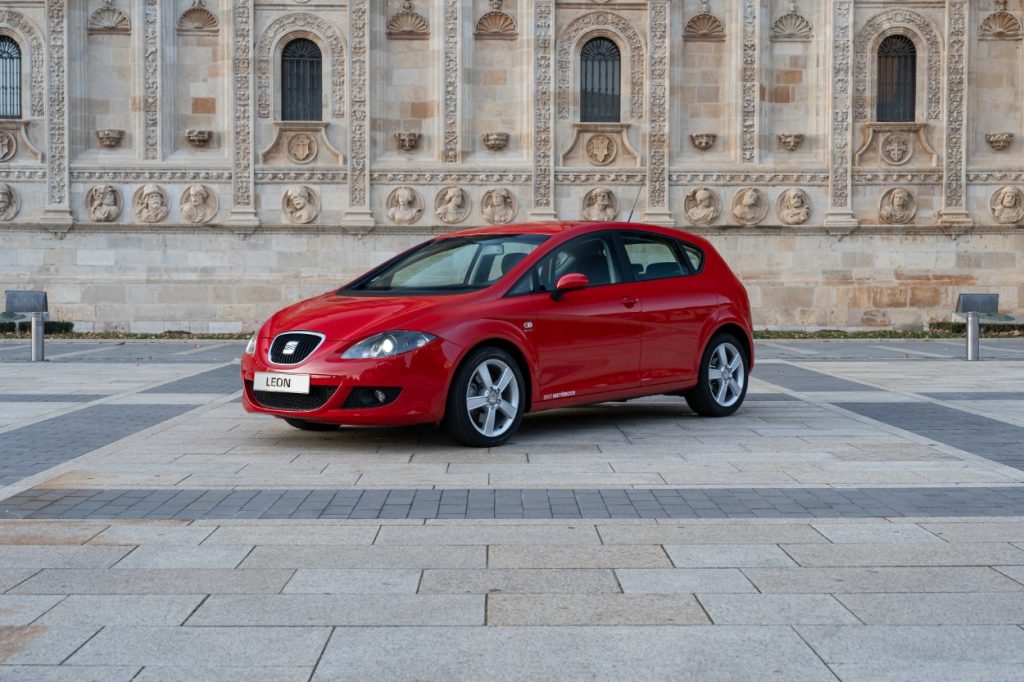
Its successor, the third generation of the Leon, marked a milestone in the brand’s history, defining a “before and after.” The use of cutting-edge technology in infotainment systems, driving assistance, and being the first compact car to integrate a lighting signature with Full LED technology were some of the keys to its success.
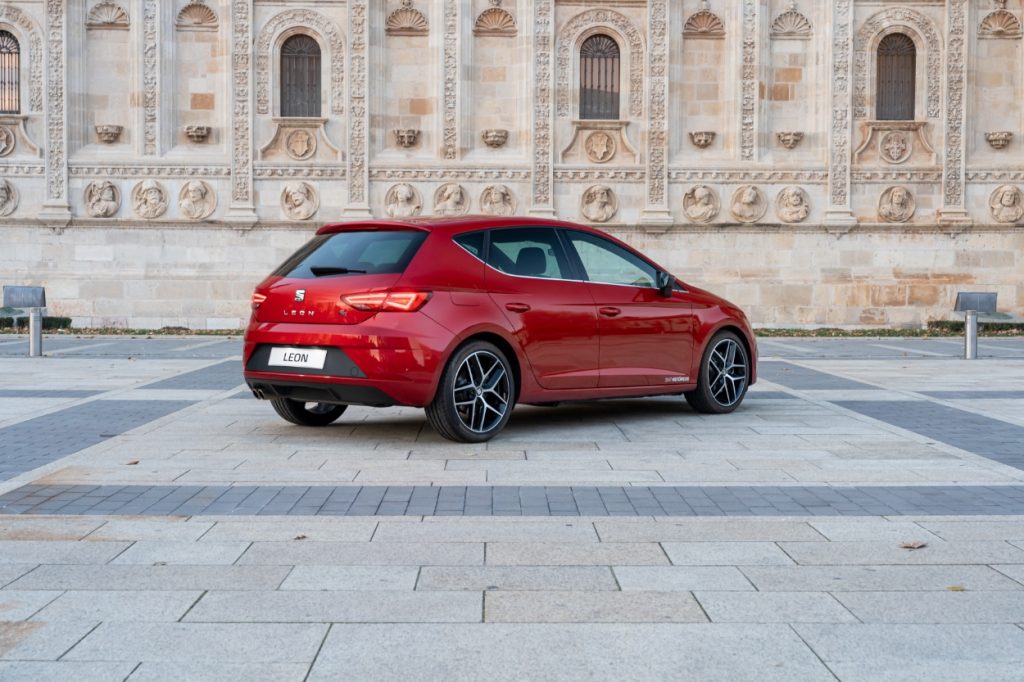
The fourth generation of the Seat Leon is the most technologically advanced in the brand’s history. It features five different types of engines, including the e-Hybrid, which at the time was Seat’s first plug-in hybrid electric vehicle. The brand’s commitment has gone even further with the latest update, presented to celebrate the 25th anniversary of the model. This version includes a new 1.5 e-Hybrid engine with 133 km of electric range, allows for fast charging in just 26 minutes, and enhances safety and lighting systems with the introduction of Matrix LED headlights.
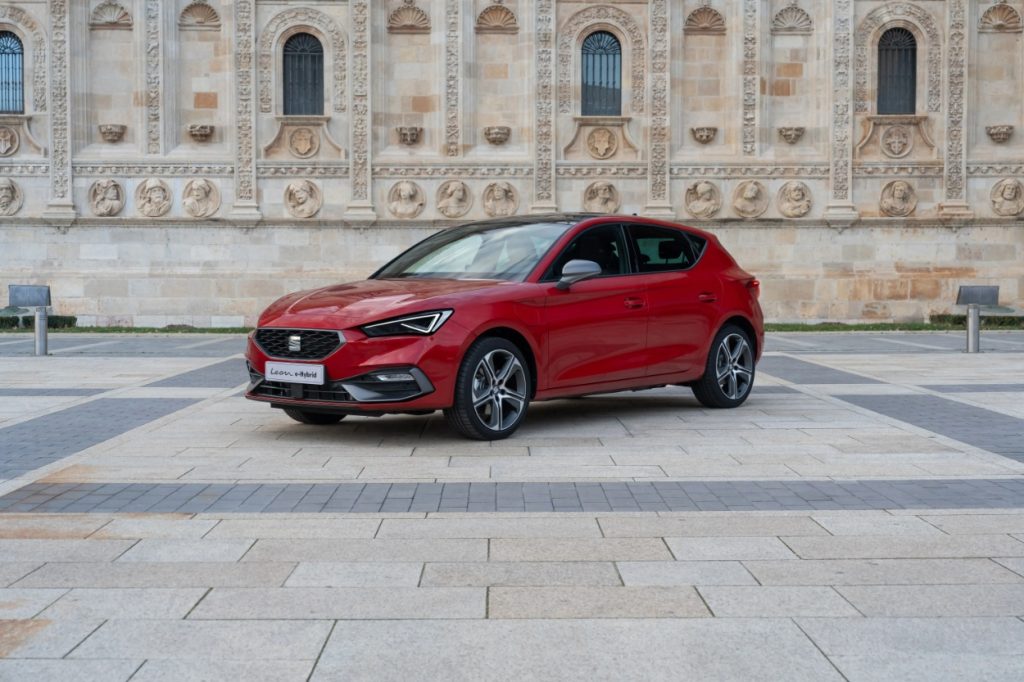
Over these 25 years, the Leon has not only won awards but also sport versions aimed at competition. This was the case with the second generation of the Seat Leon, which won consecutive titles in the World Touring Car Championship (WTCC) in 2008 and 2009, becoming the first brand in history, with a diesel engine, to win a world title from the FIA (International Automobile Federation).
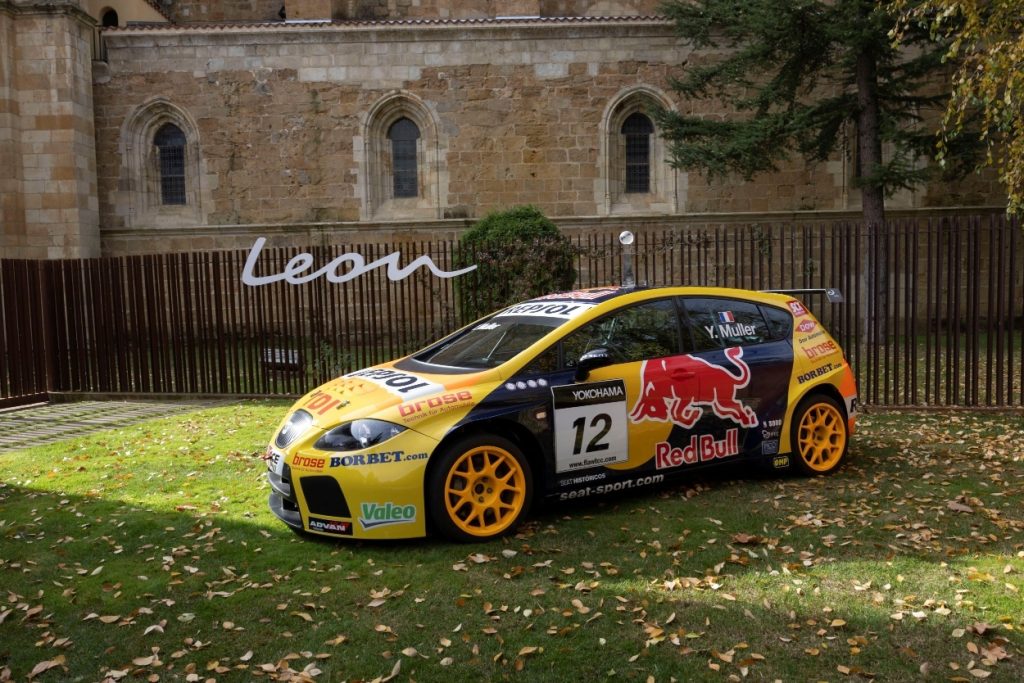
Additionally, the popularity of the Leon has taken the Seat model to the cinema, where it starred in films such as 3 Days to Kill and Men in Black: International, as well as in series like Dark and Sherlock.
Over these 25 years, the Leon has been one of the most important models for Seat, leaving a legacy that continues to pave the way for the future.
